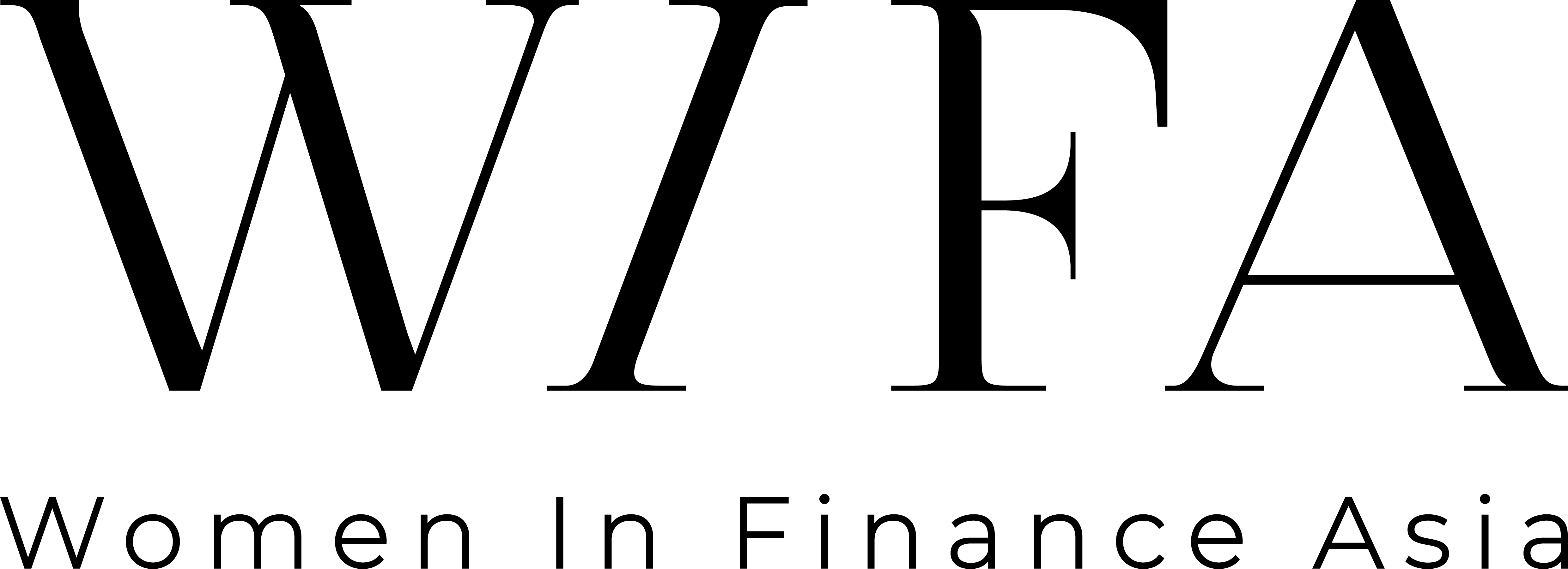Recently, Peggy shared her personal and professional journey with WiFA members via Webex. She elaborated on her experience on building Lynk, with her co-founders, into a global network of more than 630,000 experts covering a large range of industries, specialisations and markets, to “democratize access to knowledge”, allowing companies to access the latest thought leadership and expertise, providing insight and advice, through a range of strategic consultation options.
Peggy spoke about her background, with artist-turned-gallery-owner parents, who instilled a passion for art, and an entrepreneur mindset, encouraging her to think creatively and not being tied to main-stream options, even when considering her education. With a unique combination of data and art subjects in college, she was able to develop different perspectives, to give her a broad understanding of how various problems can be solved. This has continued throughout her career.
Starting in Investment Banking, moving in to Private Equity firms and operating through the Global Financial Crisis, Peggy outlined how she developed her ideas around triangulation of information, research, connection to people ‘on the ground’ to understand the importance of how facts can vary in different contexts. It became clear to her that connections and the right conversation adds significant value, especially when speaking with ‘experts’. When Peggy’s parents asked for business advice, she never felt like an “expert”, but realised that all businesses should be able to easily access expertise and tailored advice, regardless of size. The recognition that this access to knowledge is meaningful when done on scale, was critical to Lynk being born.
Lynk prides itself of being ‘anti-disciplinary’, meaning that there is no specific way of thinking of a solution, having a mindset set to connect the dots, using experience and expertise to be creative in getting to the final destination. When coupled with ‘resilience’ and ‘self-awareness’, the consultants working with Lynk are helping its client base of 100+ enterprise customers (including Fortune 500 companies) to use their knowledge to provide support and guidance for short- and longer-term engagements to build strategic concepts, business strategies, or problem-solve small-scale issues and questions.
Peggy shared some valuable lessons which have shaped her approach to building Lynk. By understanding that, while personal connections are important when working with consultants, there must be a data-driven approach to support the recommendations. Lynk’s platform allows for analysis and future projections on how companies and consultants will work together, and how proactive engagement can be built. Each engagement is seen as an opportunity to learn and develop for next time. The shift in the current market, with the current COVID-19 situation is changing the way firms operate. Peggy believes that consultative skills will be even more important as companies change their operating models to address ‘the new normal’.
Diversity is seen as critical to success for Peggy and Lynk. Not just from a gender perspective, but diversity in background, specialisation, nationality, language, etc. Since starting in 2015, Lynk now operates globally, from 8 offices, in 20+ languages, bringing diversity of culture to the platform, which in turn gives diversity of thought, one of the key strands of the Lynk offering.
Peggy concluded her talk by providing advice on how to become an ‘expert’, focusing on the recognition of your own knowledge and expertise. Recognise that you have experiences, as well as qualifications, which clients will be interested in, as you will be able to provide more market insight than they have. She shared that you do not need to know everything at once, you can build your ‘knowledge profile’ over time. Clients want their Lynk consultant to understand their perspective, as well as providing advice; by using your experiences and understanding that the facts can be interpreted differently, depending on the context, you will bring innovation and creativity to their table.
WiFA Thought Leadership Committee thanks Peggy for her time and insight for our first session!
